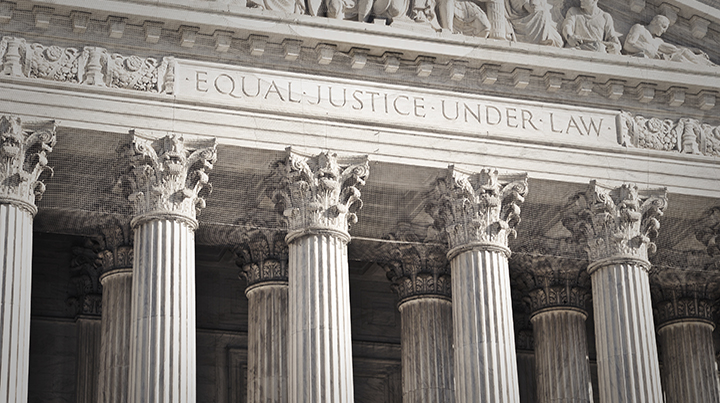The Supreme Court, in a unanimous decision authored by Justice Clarence Thomas, ruled yesterday that the same False Claims Act statute of limitations period applies whether an action is brought and pursued by a private person, known as a “relator,” or by the government. The opinion focuses on the plain language of the statute and permits a relator to rely on a ten-year limitations period as long as the action is brought within three years from the date of a government official’s knowledge of material facts. The decision will have the practical effect of permitting relators to recover for ten (rather than six) years of alleged false claims in many instances. The decision also adds to defendants’ incentive to take discovery of the government in non-intervened cases in order to prove prior government knowledge of challenged conduct.
Under the FCA, an action may be filed the later of either (i) six years after the violation or (ii) three years after the relevant government official knew or reasonably should have known of the material facts, and in no event longer than ten years from the violation. In Cochise Consultancy, Inc. v. United States ex rel Hunt, 587 U.S. — (2019), the Supreme Court addressed the circuit split over whether the second “government knowledge” statute of limitations applies to a relator-initiated action where the government does not later intervene.
Below, the district court dismissed the relator’s action due to the statute of limitations. Relator-respondent Billy Joe Hunt filed his complaint on November 27, 2013 alleging that two defense contractors (“Cochise”) defrauded the government at some time prior to January 2006 until early 2007 by submitting false claims for payment under a subcontract to provide security services in Iraq. The purported FCA violations took place more than six years prior to the suit’s initiation. However, federal agents interviewed Hunt (and thus gained knowledge of the alleged violation) just a few days short of three years prior to the filing of the lawsuit. The government then declined to intervene in the action, prompting Cochise to move for dismissal.
On appeal from the Eleventh Circuit, Hunt argued, and the Supreme Court agreed, that his complaint was timely because his action was filed within three years of the federal interview during which he informed federal agents about the alleged fraud, and within ten years of the alleged violation.
The Court addressed two questions in Cochise: (1) whether the longer statute of limitations applies when the government is not party to the suit, and (2) whether the knowledge of the relator triggers the running of the three-year period under 3731(b)(2) when the government declines to intervene. Based on pure statutory construction, the Court answered “yes” to the first question and “no” to the second.
As to the first question, the Court reasoned that both statutes of limitations apply to any “civil action” asserting that a person presented false claims to the government. Such civil actions include those initiated by a private party or the government, whether or not the government later intervenes. As such, the potentially longer statute of limitations expressly applies to an FCA action whether or not the government intervenes.
As to the second question, the Court ruled that a relator is not a government official because he or she is neither appointed as an officer under Article II of the Constitution nor employed by the United States. Indeed, the section authorizing private qui tam suits is entitled “Actions by Private Persons,” which undermines any argument that the private actor transforms into a government official by virtue of filing a suit under the FCA. Moreover, the Court reasoned that the three-year period is triggered by knowledge of a government official “charged with responsibility to act in the circumstances,” but a relator is not obligated to investigate or pursue an FCA action. Thus, a relator does not become a “government official” under the FCA, even when the government declines to intervene.
The Court did not elaborate on which government officials can constitute “the official of the United States charged with responsibility to act in the circumstances” – a question on which lower courts have disagreed.
This unanimous opinion extends the statute of limitations period (and thus the number and amount of government payments at issue) in many private FCA actions. The decision will also add to the increased focus on and efforts to obtain discovery concerning prior government knowledge. Troutman Sanders will continue to monitor high court and other cases involving the FCA.
